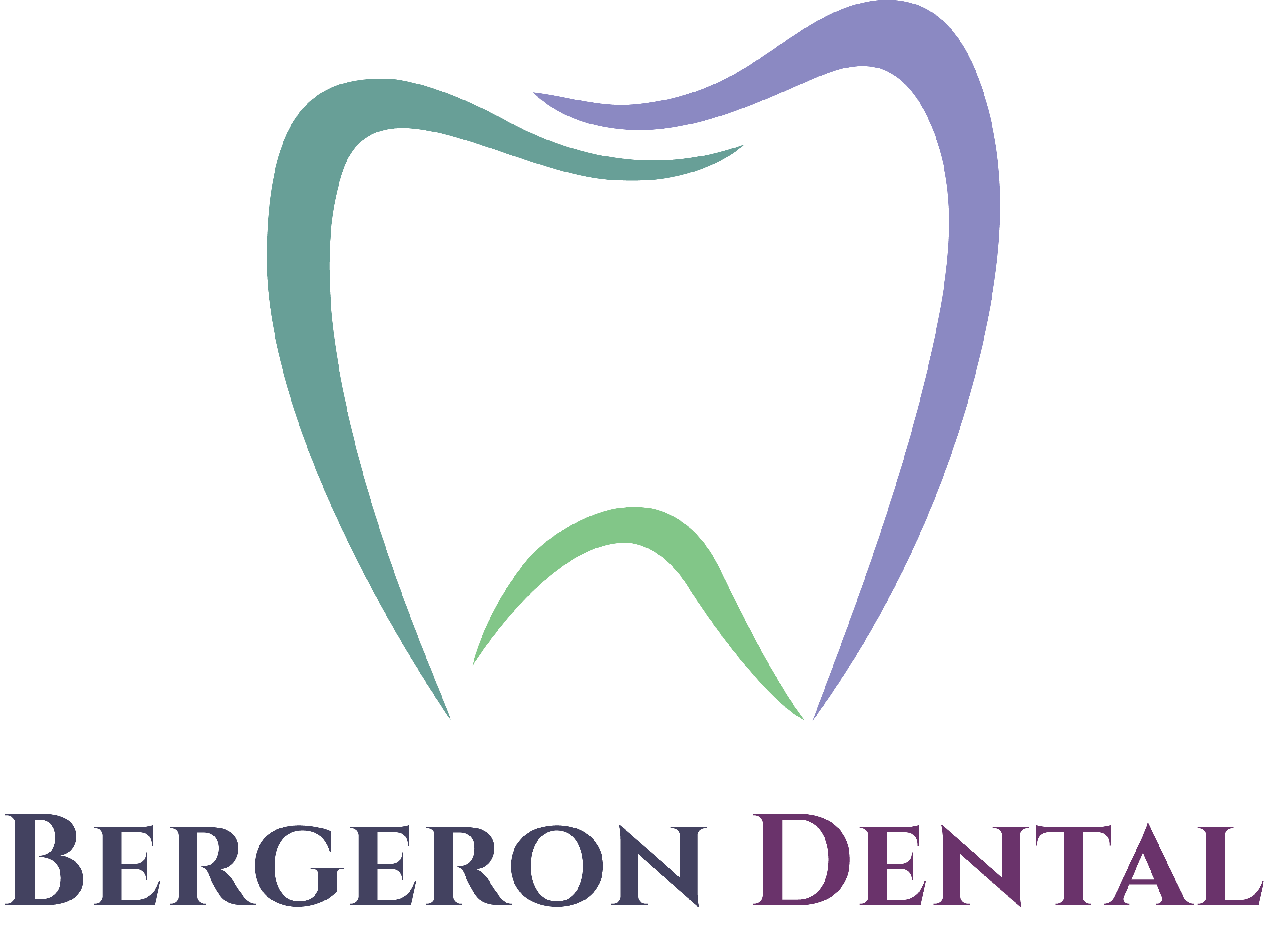Dental crowns are tooth-shaped caps designed to cover a damaged, decayed, or aesthetically compromised tooth, restoring its shape, size, strength, and appearance. They are typically made from materials like porcelain, metal, or ceramic, each offering different benefits depending on the location and condition of the tooth being treated. Crowns protect teeth that have undergone extensive dental work, such as root canals, or restore teeth that are cracked, worn down, or heavily filled. Dental crowns' impact on oral health is multifaceted; they provide critical protection to weakened teeth, preventing further decay, fractures, or the need for extractions. Covering the entire visible portion of the tooth, crowns help maintain the structural integrity of your bite, ensuring proper alignment and function. Additionally, they contribute to overall oral health by safeguarding against infections, preserving natural teeth, and enhancing the aesthetics of your smile, which can boost confidence and encourage better oral hygiene practices.
The Different Types of Dental Crowns
Porcelain Crowns
Porcelain crowns are highly regarded for their aesthetic appeal. Made entirely of ceramic, they closely mimic real teeth' natural color and translucency, making them an excellent choice for restoring front teeth. These crowns are ideal for patients with metal allergies or who prefer a metal-free option. While porcelain crowns offer exceptional aesthetics, they are less durable than other materials, particularly under heavy biting forces, and are more prone to chipping or cracking over time. Contact us to learn more.
Porcelain-Fused-to-Metal (PFM) Crowns
Porcelain-fused-to-metal (PFM) crowns combine the strength of metal with the natural look of porcelain. The metal base provides a strong, durable foundation, while the porcelain overlay offers a tooth-like appearance. Due to their balance of aesthetics and durability, these crowns are widely used for both front and back teeth. However, the metal underlying the porcelain can sometimes create a dark line at the gum line, especially if the gums recede over time.
Metal Crowns
Metal crowns, often made from gold alloy, palladium, nickel, or chromium, are known for their exceptional strength and longevity. They can withstand heavy biting and chewing forces, making them an excellent choice for molars. Metal crowns require less tooth structure to be removed, preserving more of the natural tooth. However, their metallic color makes them less suitable for visible teeth.
Ceramic Crowns
All-ceramic crowns are another aesthetic option, offering a highly natural appearance similar to porcelain crowns. They are metal-free, making them a good choice for patients with metal allergies. Ceramic crowns are strong and suitable for front teeth and some back teeth. However, metal crowns may be less durable than they are, especially in areas subjected to significant biting forces.
Composite Resin Crowns
Composite resin crowns are made from a tooth-colored material composed of plastic and fine glass particles. These crowns are less expensive than other types and can be easily shaped and polished to match the surrounding teeth. However, they are less durable than porcelain or metal crowns and may wear down or stain over time. Composite resin crowns are often used as temporary restorations or for patients seeking a cost-effective solution.
How Dental Crowns Can Improve Your Smile
- Dental crowns can fully restore teeth that are cracked, chipped, or weakened due to decay or trauma. Crowns provide a protective cover, preventing further damage and restoring the tooth's original shape and size. This not only improves the tooth's function but also enhances the overall appearance of your smile by creating a uniform look.
- Crowns are often used to improve the appearance of discolored or misshapen teeth. They can be custom-made to match your natural teeth' color, size, and shape, resulting in a more harmonious and aesthetically pleasing smile. This is particularly beneficial for front teeth, where appearance is paramount.
- Teeth undergoing significant dental work, such as root canals or large fillings, can become weakened and prone to further damage. A dental crown reinforces the tooth, making it stronger and more durable. This lets you eat and speak confidently without worrying about breaking or damaging the tooth.
- Dental crowns can correct minor alignment issues, such as slightly crooked or uneven teeth. By covering the tooth, a crown can help create a more balanced bite and aligned smile. This improves the appearance of your smile and helps maintain overall oral health by ensuring proper bite function.
- Crowns are essential to dental bridges, replacing one or more missing teeth. A bridge uses crowns on the adjacent teeth to support a false tooth, effectively filling the gap in your smile. This not only restores the function of your teeth but also prevents the shifting of surrounding teeth, which can lead to further dental issues.
- A damaged or unattractive tooth can make you self-conscious about your smile. Dental crowns can give you an attractive smile, boosting your confidence in social and professional situations. Whether you're repairing a single tooth or several, crowns provide a natural-looking solution that can make you feel proud of your smile again.
Whether your tooth has a chipped tooth or extensive decay, our crowns offer the perfect solution to regain both function and aesthetics. Visit Bergeron Dental at 3112 Airport Way, Suite 2, Fairbanks, AK, 99709, or call (907)-456-5600 to schedule your consultation today and discover how a dental crown can enhance your oral health and confidence!
